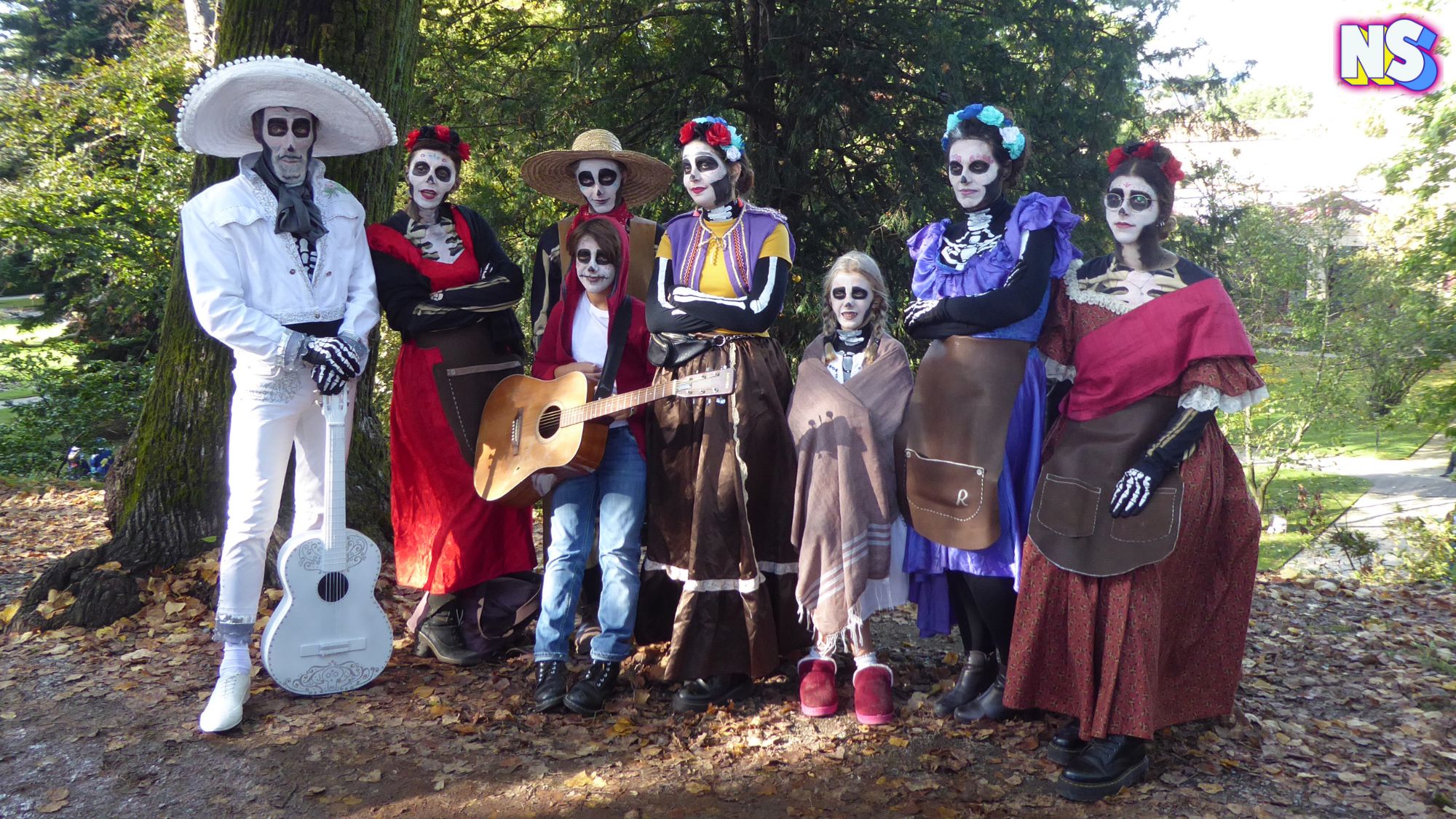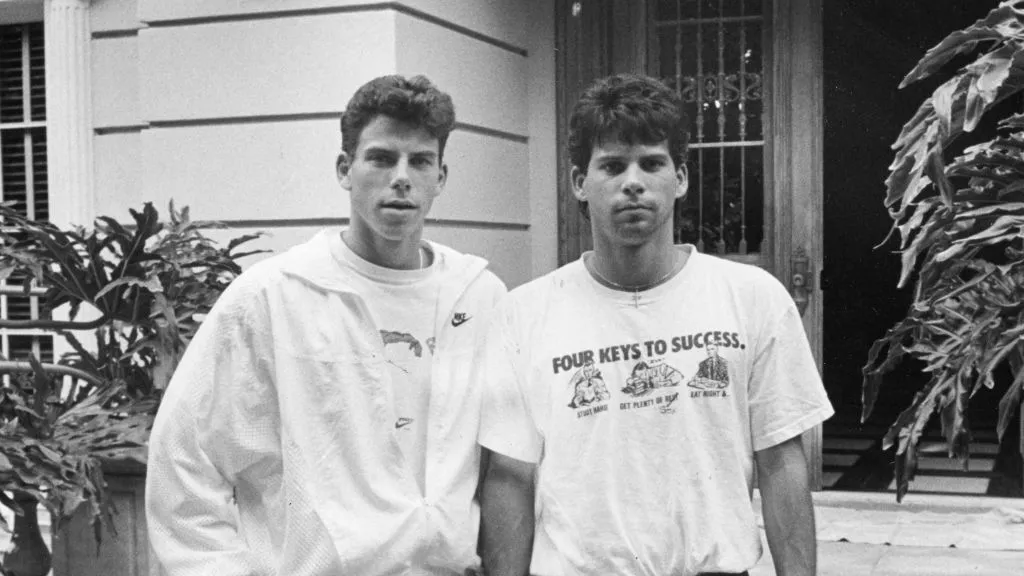Credit: Nuestro Stories
Mexican Nobel Prize-winning poet Octavio Paz wrote about the feminine images in cinema that captivated the fantasy of Mexicans. Some of these images were motherly and warm, like the Virgen de Guadalupe, while others were hard to understand, like La Malinche, the concubine of Spanish conquistador Hernan Cortés.
“But, the myth of María Félix is different,'' Mr. Paz wrote.
"María Félix is a woman – such a woman – with the audacity to defy the ideas machos have constructed of what a woman should be. She's free like the wind, she disperses the clouds, or illuminates them with the lightning flash of her gaze."
María Félix's story comes to life
The myth of María will soon be unveiled. Televisa Univisión is bringing to the small screen María Félix: La Doña, an authorized biographical series that will stream exclusively for Vix+ and is the first series to be made 20 years after her passing.
María Félix was born Marí de Los Ángeles Félix Güereña in 1914, in Alamos, Sonora, Mexico. Her immense beauty was the ticket to going from a university beauty queen to a movie star and a woman icon. Her piercing dark eyes were proof that she was as intelligent as she was beautiful.
Read more: This Latina Is the Genius Behind Our Favorite Emojis
After being discovered while she shopped in Mexico City, Félix made 47 films in Mexico, Spain, Italy, France, and Argentina. She played a belly dancer, a brothel keeper, a teacher, a soldier, a cabaret singer, and a powerful Roman empress.
In 1943, Félix starred in the film “Doña Barbara.” The role made her a household name and also gave her a nickname: La Doña. In her films, she played strong-minded women, and it was hard to separate the actress from the woman. Felix was fond of saying things like: "I might be one more woman in your life, but you are one less man in mine;" or "Nobody seduces me. I seduce them."
Notably, she refused to work in Hollywood as she didn't speak English because directors only wanted her in the role of the Latina spitfire. But she knew she was more significant than that — much bigger.
María Félix loved as hard as she lived
Félix married four times. Her second husband was Agustín Lara, El Flaco de Oro, Mexico's greatest songwriter, who composed the song María Bonita for her. Theirs was not a happy union, Lara was jealous. They fought constantly and were divorced after only three years of marriage. Yet, who can forget those magnificent lyrics?
Acuérdate de Acapulco
De aquellas noches
María Bonita, María del alma
Acuérdate que en la playa
Con tus manitas las estrellitas
Las enjuagabas.
Her third husband was Jorge Negrete, El Charro Cantante, at the time Mexico's leading male star. His death in 1953, after being married to her for only a year, left Felix distraught. She wept inconsolably at his funeral.
María Félix was my inspiration, my standard-bearer, with her oversized blazers, boots with dresses, and razor-sharp wit. She took no prisoners, and I liked that.
She helped me understand who I was. As she said, "I am a woman with the heart of a man."
Gracias, María.
https://draft.nuestrostories.com//wp-content/uploads/2022/06/Susanne-182x250.jpeg





